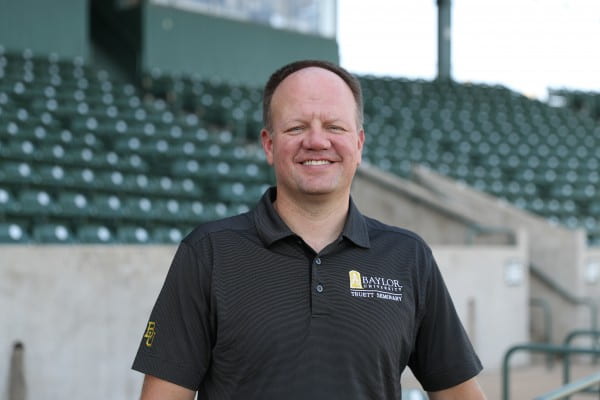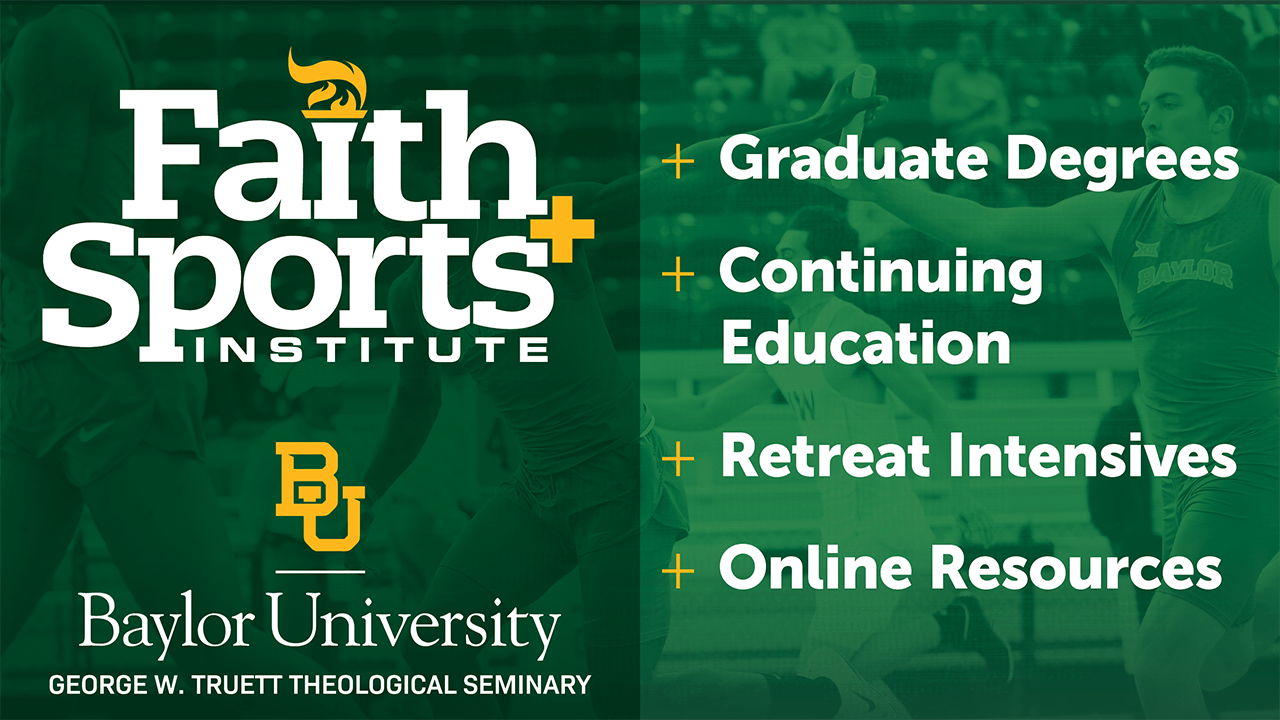
Photo Credit: Baylor Photography
John White
Baylor football coach Dave Aranda is a philosopher coach.
He displayed it during an interview this spring, where he employed metaphors, concepts, and ruminations on the way competitive maturity works in sports:
Baylor HC Dave Aranda discusses competitive maturity when fighting for a starting spot: “It’s not me versus you. It’s me with you. It’s me pushing you for you to get better.”
Competition is a rising tide that lifts all boats. pic.twitter.com/oaahzRfehu
— Danny Schaechter 🦅 (@CoachDShack) April 6, 2022
To be your best authentic self, I think it’s difficult. And it takes some training to do and I think, you know, one of the foundational things for that is, it’s not defense versus offense. Or, it’s not me versus you. It’s me with you. It’s me pushing you for you to get better so that you can push me, maybe to a hard, difficult spot where I really have to excel to be able to take the next step, individually and then collectively as a team.
Aranda’s reflections weave together notions of self, excellence, growth, team, and striving together in a compelling way. As a theologian who studies Christian doctrine and ethics as applied to sports and life, I would like to unpack a couple of the fundamentals that might help us better appreciate Aranda’s words and what we witness on game day as coaches and players collectively execute the X’s and O’s of their planned football strategy.
We can start with Aranda’s background as a student. He was a philosophy major in college, and it’s clear this continues to influence the way he sees the world. For him, a contemplative outlook ensouls the athlete in action. Contemplation animates competition.
His musings hearken back to the kinds of ideals observed in Ancient Greece—the origin of the Olympics—where sport was valued as a form of education to cultivate character traits of excellence. The acquiring of excellence, philosophers like Aristotle believed, occurs through repeated acts that become habits of mind and heart—habits that become virtues like courage, prudence, temperance, and justice. These virtues get worked into ourselves when they become ingrained and settled dispositions for how we live and relate.
The route to virtue formation takes time. Formation is like an athlete who repeatedly practices the right skills and coordinates her mind and muscles to perform well when called upon at a particular time on the court or field. It is a process that begins with a person knowing her WHY (purpose or goal). That means our chosen overarching purpose should intentionally order our steps toward excellence which eventuates in character built into a person’s way of life.
Aristotle memorably articulated this idea, arguing that when we acquire and cultivate habits of excellence they become so essential to who we are and how we operate that they become second nature. Watching Roger Federer masterfully serve, Simon Biles brilliantly land a triple-double, or Steph Curry effortlessly shoot three-pointers illustrates how excellence functions as second nature. These athletes perform excellently because it is instinctive to their athletic knowledge, skill, and character. As another philosopher commented, “We are what we repeatedly do. Excellence, then, is not an act, but a habit.”
What does excellence mean for the philosopher coach or athlete in the realm of competitive sports?
If we look at Aranda’s coaching philosophy, two points stand out. First, behind his understanding of competition is an emphasis on the kind of human being his athletes are becoming. In fact, elsewhere he explains how the metaphor of journey is core to personal character and how this process frames his football culture. Aranda seems to see past what athletes make and do regarding their skills and techniques. He recognizes that sports activities rebound right back into athletes as persons.
In other words, the pursuit of perfection is primary, with championships consequential. Process is ultimate, product penultimate. People first, performance second. Coach Aranda reframes competition to advance from solely focusing on winning and losing to the excellences of the sports craft itself with the hope that athletes are transformed or changed in the process. Winning matters but the priority of the human being matters most.
Second, Aranda focuses on what competition is. Competition for him is not individualistic, nor is it merely an adversarial “offense vs. defense” approach. Instead, he accents the “withness” of competition. As athletes compete they mutually push each other toward the goal of excellence. This relates back to the origins of the word competition, which comes from the Latin competere, meaning to “strive for” or “to meet or come together.”
For Aranda, sports invite athletes into a school in which it is “me with you” collectively pushing each other to excel. Aranda combines the standards of excellence with the challenge of the contest so that the call of excellence compels competitors to attempt their best as they strengthen their skills and character together.
Coach Aranda is in good company in how he philosophizes and practices sports. The late pope Saint John Paul II delivered many short messages about sports in his lifetime. He regularly emphasized how the discipline of sports can contribute toward integral human formation. In an address to the Italian and Argentine National Soccer teams he put it this way:
Athletic activity, in fact, if carried out according to correct criteria, aims at developing strength, skill, resistance, and balance in the organism, and at the same time encourages the growth of interior energies themselves, becoming a school of loyalty, courage, endurance, resoluteness, and brotherhood.
I see Coach Aranda echoing in many ways John Paul II’s own sports ethos. In his contemplative and philosophical outlook on competition, he points to the lasting significance of the games we play. He reminds us that sports, when played well, should esteem, respect, and elevate the excellence of skills and dignity of all contestants.
 About the author: John White is Associate Professor and Faculty Director of the Faith and Sports Institute at Baylor University. A widely recognized expert on the intersection of sports and Christianity, he received his PhD from The University of Edinburgh where he studied moral theology. Prior to that, he spent nearly two decades serving in sports chaplaincy and ministry in a variety of different contexts. If you are interested in studying theology and sports, sports chaplaincy, or sports ministry, consider joining John in Truett Seminary’s Sports Ministry Program.
About the author: John White is Associate Professor and Faculty Director of the Faith and Sports Institute at Baylor University. A widely recognized expert on the intersection of sports and Christianity, he received his PhD from The University of Edinburgh where he studied moral theology. Prior to that, he spent nearly two decades serving in sports chaplaincy and ministry in a variety of different contexts. If you are interested in studying theology and sports, sports chaplaincy, or sports ministry, consider joining John in Truett Seminary’s Sports Ministry Program.





